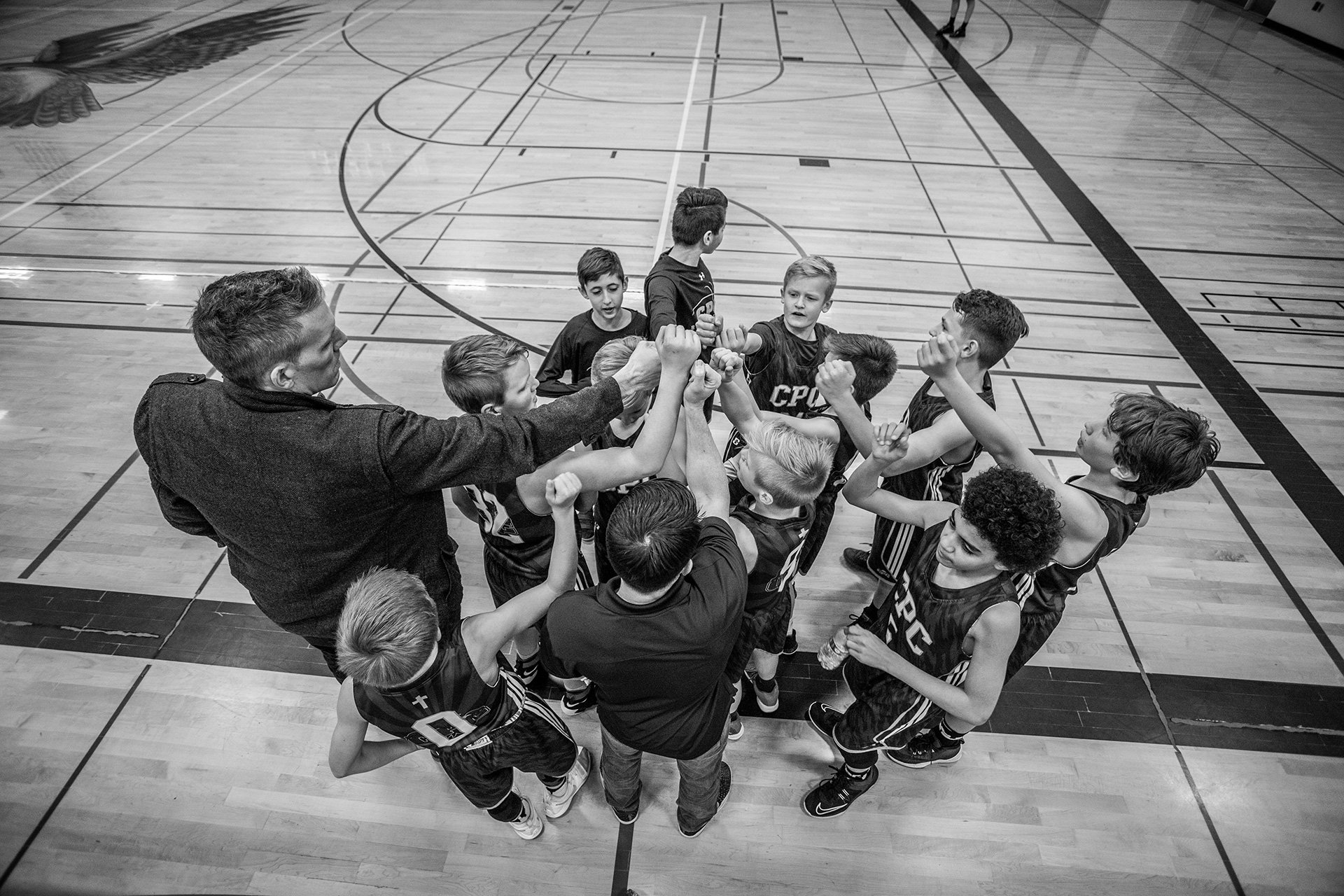Ensure divIn @ work?
Ensure divIn @ work?
Recruitment by skills and profession
Recruitment by skills and profession
We offer the very best services in our field. We never settle for second best and always have your satisfaction as our top priority. It’s who we are and we are proud of it.
How to ensure diversity and inclusion at work?
Frequently asked questions
“I have tried other products, but this one is certainly the best. It brings efficiency to a new level of simplicity.”
John Smith, New York
“This is the best company I have ever worked with. I’ll definitely choose them again and highly recommend them.”
Jodi Black, Dallas















